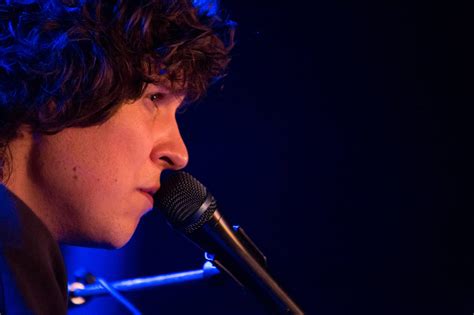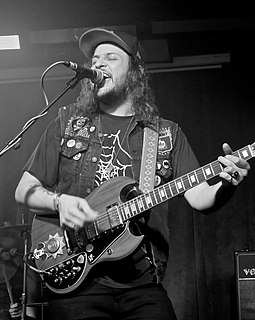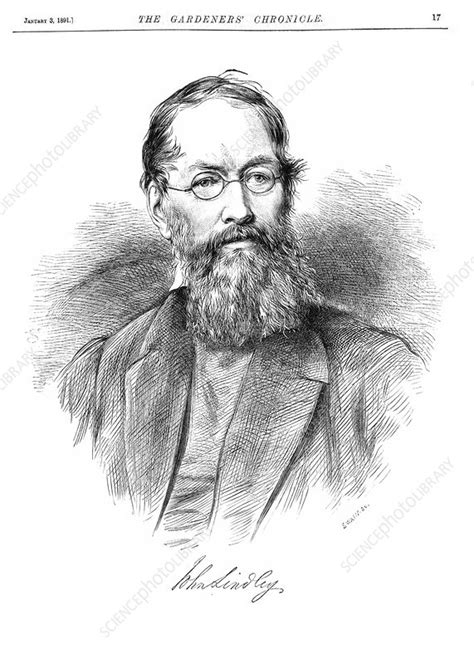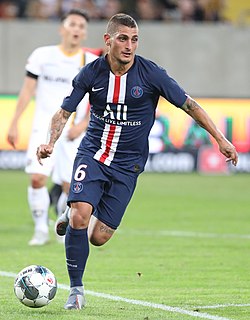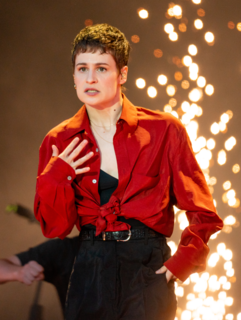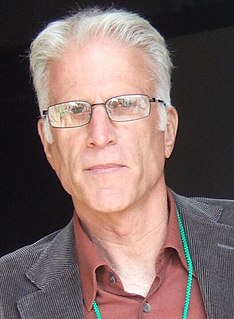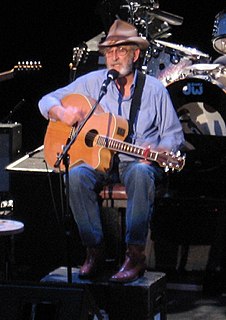A Quote by Matt Haig
Creative writing lessons can be very useful, just like music lessons can be useful. To say, as Hanif Kureishi did, that 99.9% of students are talentless is cruel and wrong. I believe that certain writers like to believe they arrived into the world with special, unteachable powers because it is good for the ego.
Related Quotes
I started taking piano lessons when I was about four years old. My parents were both musicians. So I took piano lessons. I didn't like the lessons very much, but I was enchanted by music. Music always transported me somewhere. Singing made feel good and being able to play the piano made me feel good.
I believe that a writer learns from every story he writes, and when you try different things, you learn different lessons. Working with other writers, as in Hollywood or in a shared world series, will also strengthen your skills, by exposing you to new ways of seeing the work, and different approaches to certain creative challenges.
I learned piano off YouTube and still do a lot. It's hard to find contemporary indie music on there, at least lessons, because the reach is smaller. I did it so people like me out there could learn my songs if they wanted to and maybe, in a small way, to pay forward all the free lessons I've had over the years.
I never took any guitar lessons or anything; I never really learned to play covers. I'm actually happy that I never took lessons as a kid. Now, I'd like to take lessons to kind of go deeper. But I think sometimes lessons can steal a person's personality away, because they're trying to do things so technically.
I believe that almost all important, useful ideas are simple. Peter Whittle has recently put it nicely in an autobiographical essay. "If a piece of work is heavy and complicated then it is wrong." . . . Some writers feel that to express their ideas in simple terms is degrading. Some use complexity to disguise the paucity of their material. In fact, simplicity is a virtue and when, as here, it is both original and useful, it can represent a real advance in knowledge.
For me, writing is a job. I do not separate the work from the act of writing like two things that have nothing to do with each other. I arrange words one after another, or one in front of another, to tell a story, to say something that I consider important or useful, or at least important or useful to me.







